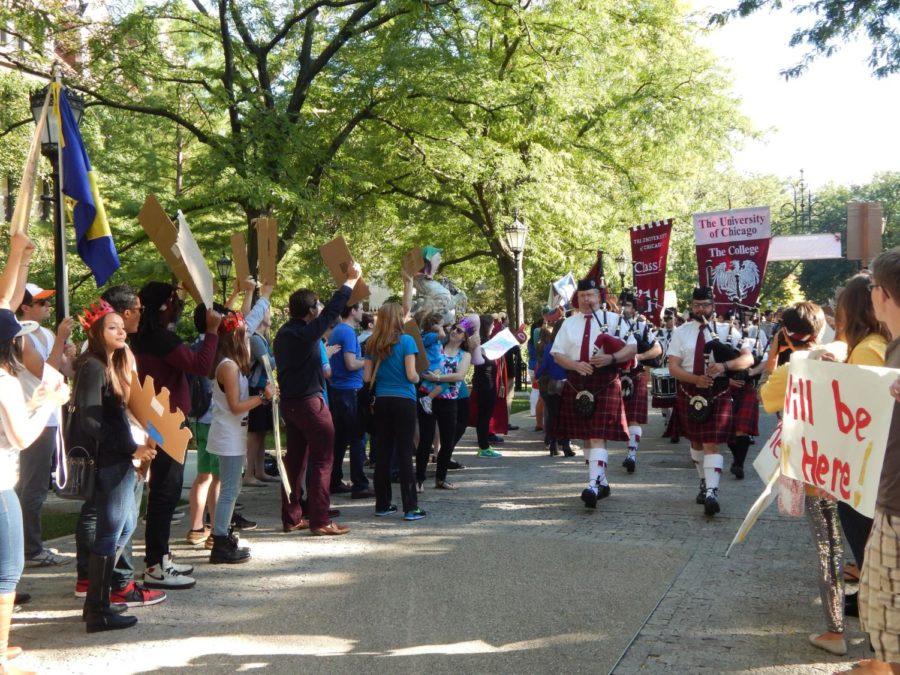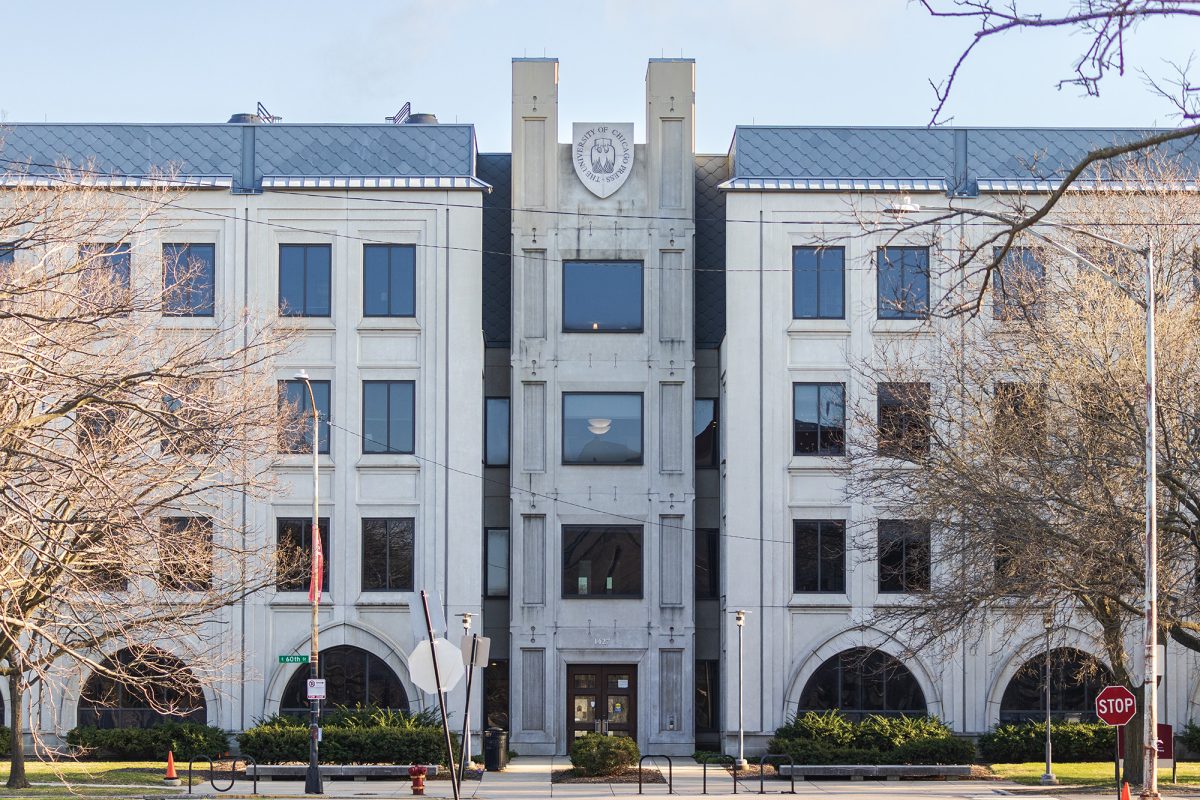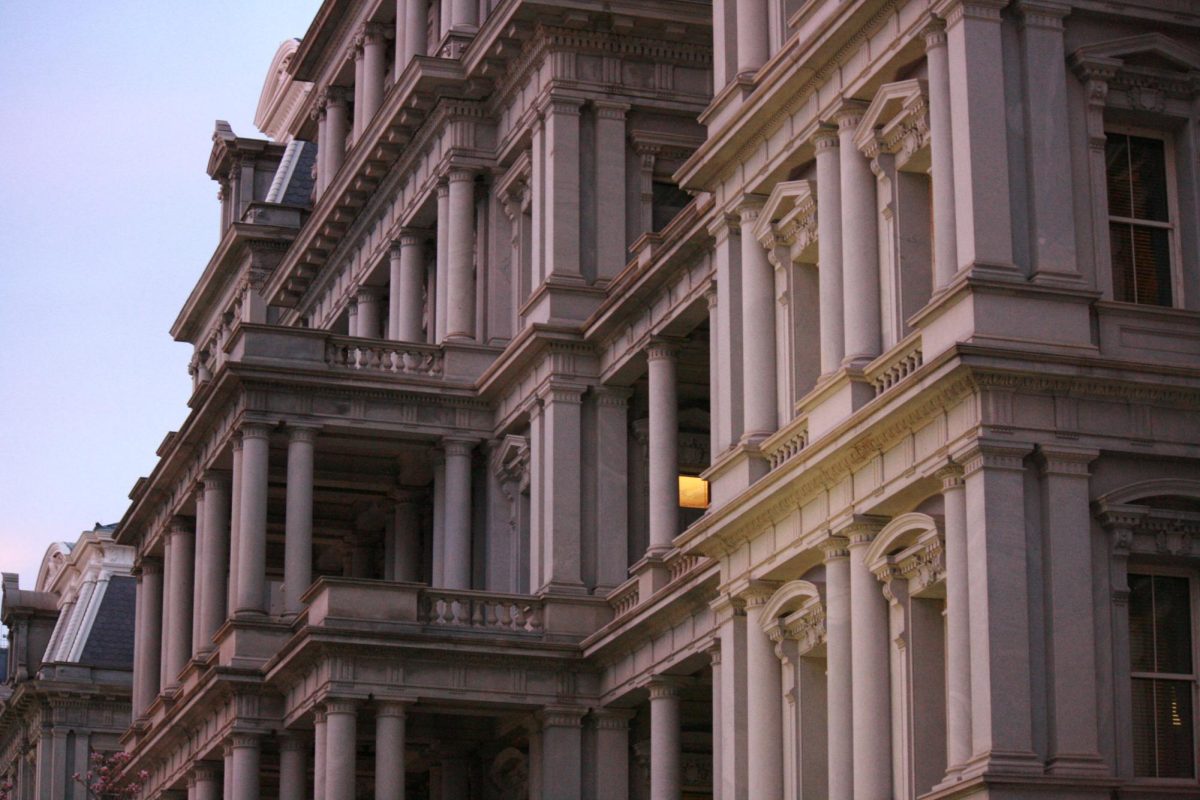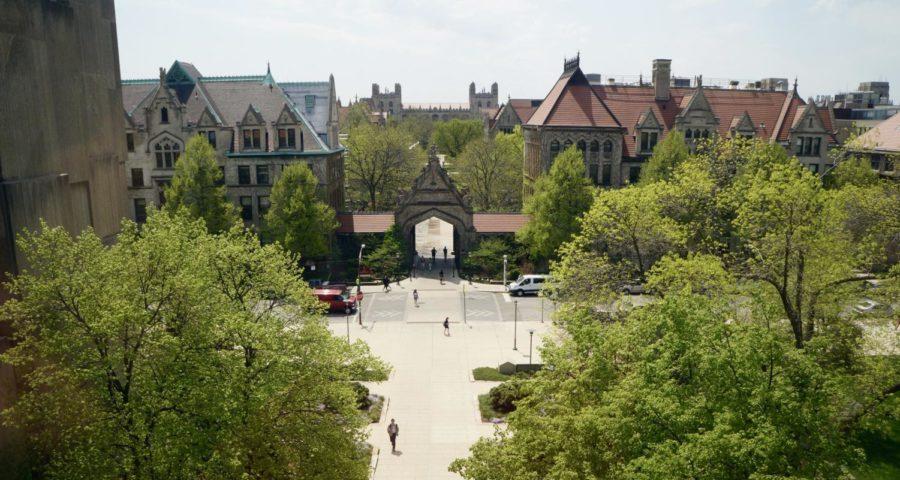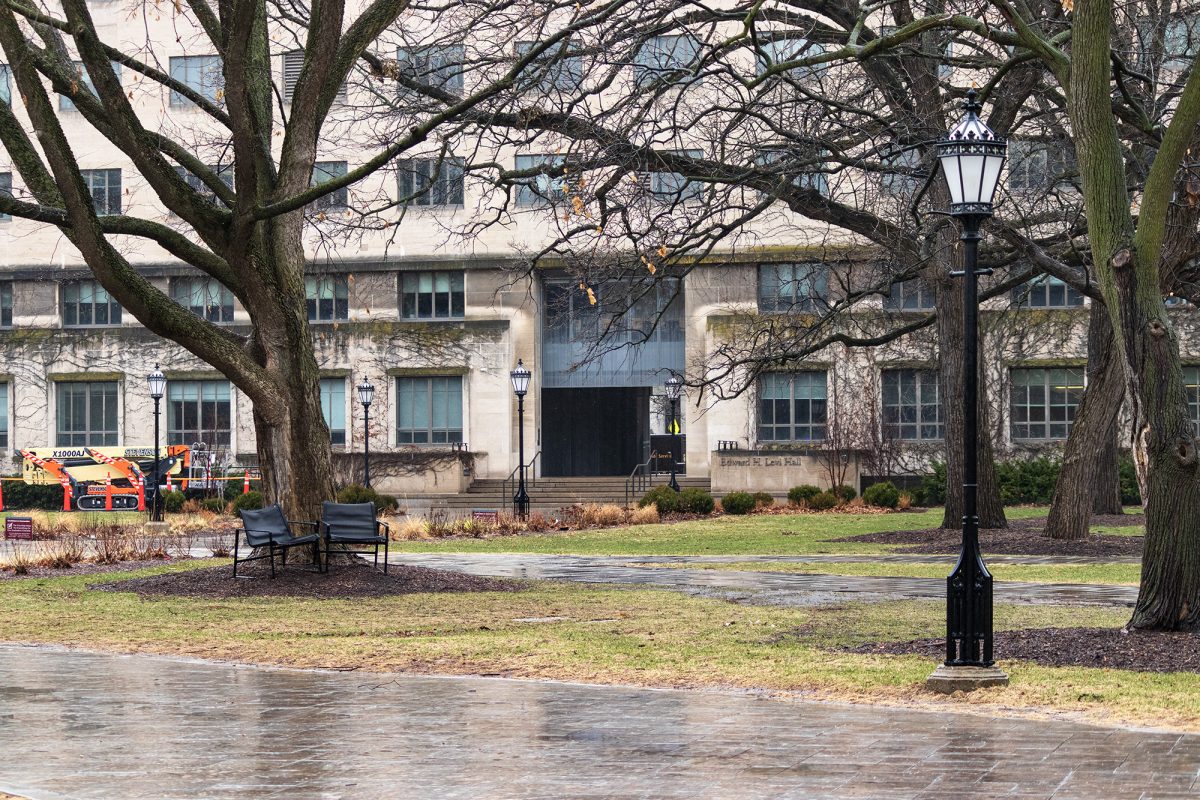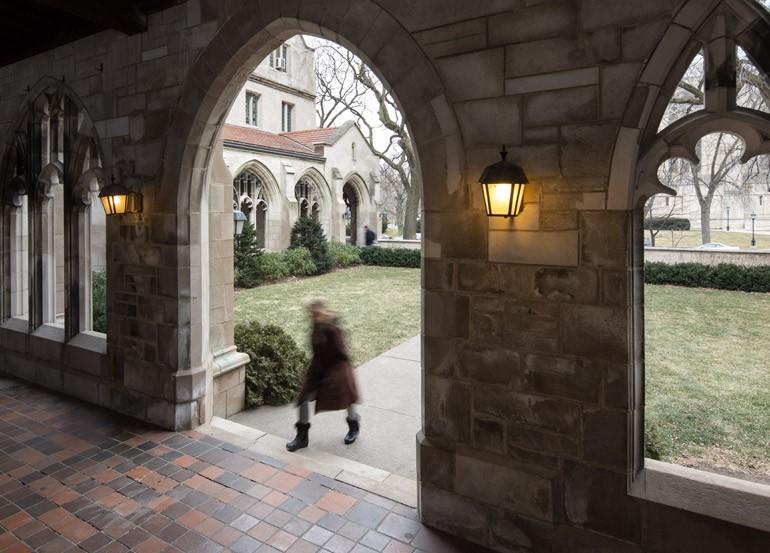Intro
This summer, The Chicago Maroon sent an email to the Class of 2020 welcoming them to campus. In the same email, The Maroon also sent incoming freshmen a survey where they were able to answer questions about their backgrounds, life experiences, and plans for college. At the time of publication, 682 students had completed the survey. Although data isn’t available for the Class of 2020, this would reflect 44% of the Class of 2019; it’s likely the number isn’t drastically different for the Class of 2020.
Below are graphs that highlight some of the data from the survey. Although not all students responded to the survey, we think that 44% of the class represents a large enough sample to find some interesting trends. However The Maroon wants to stress that due to sampling bias, no statistically significant conclusions can be drawn from the data; rather, this article just serves to paint a general picture of the incoming class. We’ll start by looking at the backgrounds of students, and then gradually move to their plans at UChicago.
Demographics
There were far more female respondents to this survey than male students. This is likely the result of one of two phenomena. It could be that UChicago had an unusually high number of females matriculate. However, it could also be that females were disproportionately more likely to respond to this survey. Given historical admissions trends, the latter reason is most likely at least partially responsible. Interestingly enough, the gender discrepancy is removed when we look at private schools and amplified if we look at public schools. This could indicate that students at UChicago who come from private school have a higher than normal chance of being male.
The ethnicities reported are also slightly different than the ethnicities for UChicago's Class of 2019. Of students who responded to this survey, the proportion of students who identify as African American or Hispanic/Latino is several percentage points lower than we would have expected. Additionally, the percentage of students who identify as Indian or Asian is slightly higher than it was in the previous year. However, the percentage of students of each ethnicity varies drastically from year to year at UChicago. For example, the number of students who identify as Asian or Indian rose from 22.25% in the class of 2018 to 26.17% in the class of 2019. Regardless, the ethnicities in this sample differ slightly from previous years’.
Regarding where the Class of 2020 is from, nearly a quarter of respondents to the survey are from the Midwest. Historically, a large percentage of this group is from Illinois. 17.3% of students come from outside the United States. For the Class of 2019, 13.34% of students said they were international, a jump from 10.64% in the previous year. 17.3% follows along this increase, but is still abnormally high. Another interesting statistic is that students from private schools are over twice as likely to be from the city than students from public school (52.56% vs. 23.78%).
Experiences
Respondents to the survey tended to not be very religious, with 68.08% saying they were "Not very religious" or "Not religious at all". This was reflected in respondents' religious identifications, as 45.8% of students said they were either Atheist or Agnostic. Respondents were very liberal, with 73.89%, almost three-fourths, saying they are somewhat or very liberal. Regarding gap years, students were much more likely to take a gap year if they went to a non-public high school. However, students who are wealthier aren't dramatically more likely to take a gap year; 4.2% of students whose families make over $500,000 took a gap year, versus 9.3% of students who went to private school.
A surprising find in the data is that students who lived in the city were 48% more likely to drink in high school than their rural counterparts. Students who went to private school were 26% more likely to drink than students who went to public school. The percent of students who said they plan to drink at UChicago is only 4.2% higher than the percent of students who said they drank in high school. However, the number is still much lower than the national average. According to the National Institute on Alcohol Abuse and Alcoholism, around 80% of college students drank alcohol in 2012. Surprisingly, the percentage of students who plan on using marijuana at UChicago is 1.7% less than the percentage of students who reported using marijuana in high school. We would typically assume that students try more illicit substances in college, as there's less supervision and wider access to drugs than in high school. Lastly, 78.2% of students said they anticipated having sex in college, more than double the number of students who reported having sex in high school.
Family
Parents of UChicago students tend to be highly educated. 87% of fathers and 84.9% of mothers have at least a bachelor's degree. In fact, for 44.5% of students, both their father and mother have graduate degrees. Even more, 62% of students who are legacy have parents who both obtained graduate degrees. UChicago students are also wealthy, with almost half of respondents, 47.6%, reporting that their family makes over $200,000 a year. Legacy students tend to have higher incomes than non-legacies, with almost a third of legacies reporting that their family makes over $500,000 a year. Lastly, most respondents, 50.69%, have just one sibling. The greatest number of siblings reported was 8.
High School
Almost half of respondents went to a public high school. Of students who went to a private school, roughly 20% went to a parochial high school. Respondents also tended to not work many hours their senior year, with 89.85% saying they worked less than 10 hours a week. Cheating, however, was fairly prevalent in high school. 42.27% of respondents said they cheated in high school, with 26.5% of those students saying they had cheated on a test. Students who drank in high school were almost 62% more likely to cheat in high school than students who haven't drank.
College Application
Unsurprisingly, UChicago students took many college level courses in high school. A fourth of respondents said they took more than 10 college level courses while in high school. UChicago students also performed well on the SAT; 34.9% of students reported getting a 2300 or above. However, students who were recruited to play a sport at UChicago on average scored 75 points worse on the SAT than students who weren't athletic recruits. SAT scores remained relatively constant across gender, but varied slightly more across ethnicity. Underrepresented minorities on average had lower SAT scores than non-underrepresented minorities. The average SAT score for all respondents was 2221. 11% more students reported taking the SAT than the ACT. Trends with ACT scores were similar to those with SAT scores.
Many UChicago students also hired private admissions counselors to help them with their college applications. As students' family income grew, they became more likely to hire an admissions counselor. Almost a third of students whose families earned more than $500,000 a year hired a private counselor, compared to under 10% for students whose families who earned less than $60,000. UChicago was 67% of students top choice, which is coincidentally very similar to UChicago's yield of 66%. Students who said UChicago wasn't their top choice on average applied to 11.2 schools and were accepted to on average 5.5 of those schools. Students who said UChicago was their top choice on average applied to 8.0 schools and were accepted to on average 5.2 schools.
Students who were accepted to UChicago early on average sent 4.9 less applications than students who weren't accepted early. Similarly, students who applied to UChicago early, regardless of whether or not they got in, reported UChicago as their top choice roughly three-fourths of the time, whereas students who applied regular reported UChicago as their top choice only half the time. It seems that getting in to UChicago early doesn't change students perceptions of it, but it does change how many colleges the student applies to.
Plans at UChicago
Most students at UChicago weren't recruited athletes, but a lot of them are interested in playing sports. Almost three-fourths of students reported interest in playing club sports at UChicago. Students also showed a heavy interest in newer dorms, as the three newest dorms, Max, South, and North, were the top choice for over three-fourths of students. Almost 10% of students reported being undecided in their major, but students interests roughly match the majors of current undergraduates at the College, especially after factoring for undecided students. 47% of respondents said they were interested in activism while at UChicago, these students tended to be liberal.
44.3% of students reported interest in Greek Life. 66% of varsity recruits reported interest in Greek Life, with 42% saying they definitely planned on joining Greek Life. Students who indicated interest in Greek Life are also less likely to receive financial aid. Students who said they are definitely interested in joining Greek Life were half as likely to receive financial aid as a student who was definitely not interested in joining Greek Life. Lastly, UChicago students were very optimistic about their futures. 82% said they were optimistic about their plans for college and beyond.



